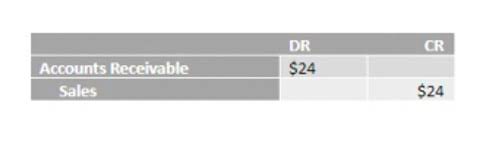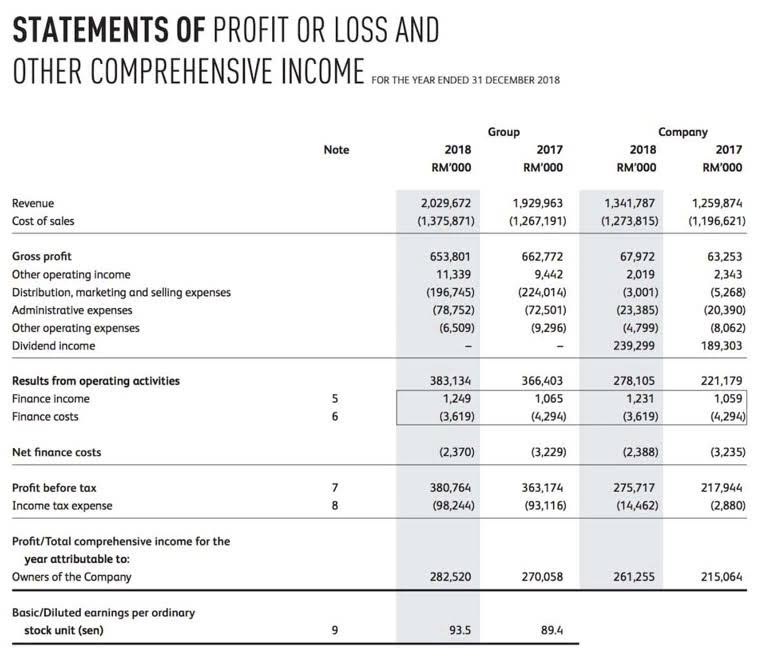
The seller records the credit memo as a reduction of its accounts receivable balance, while the buyer records it as a reduction in its accounts payable balance. Larger credit memos are usually only issued after they have been approved by a supervisor, since these credits reduce the amount of cash that the seller will collect. A debit memo on a company’s bank statement refers to a deduction by the bank from the company’s bank account. In other words, a bank debit memo reduces the bank account balance similar to a check drawn on the bank account. Therefore, a debit memo is an essential document in terms of maintaining clarity and accuracy in financial records and keeping track of any changes in the http://www.runloco.events/bookkeeping/post-closing-trial-balance-explanation-example-and/ outstanding amount.
Transmittal 18: Critical Changes and Best Practices for Cost Reporting in…
- Personal Identification Number (PIN) A numeric code used as verification to complete a transaction via a payment card.
- Lockbox A service that processes payments by check and credits the appropriate business.
- It is commonly seen in complex adjustments like partial returns or discounts, so you must always verify before issuing a credit memo.
- Merchant Discount The fee an acquiring member charges the merchant to cover the costs of providing deposit credit and handling credit card sales transactions.
Receiving a debit memorandum from your bank could mean unexpected fees or adjustments. It’s essential to review your account statements regularly to understand the reason behind any debit memos and address discrepancies promptly. Here are some primary reasons that prompt businesses to issue credit memos for future invoices and purchases. They apply credit to a buyer’s account for future use rather than returning cash. While sometimes issued alongside refunds, credit memos alone don’t guarantee cash back. Call Center An authorization request response displayed on the credit card terminal screen, generated by the issuer or through stand-in processing.
- Interchange The exchange of transaction data between acquiring and issuing institutions.
- WEB An electronic debit from a consumer’s bank account created during a secure Internet session between a company and consumer.
- Non Face-to-Face Transaction Any transaction in which the card is not presented, such as a phone, mail or Internet purchase.
- Accounts Receivable Conversion (ARC) An electronic debit created from a consumer check processed in a lockbox, drop box or other payment receivable processing environment.
- Check Card A bank card that can be used with a PIN at an ATM or without a PIN at the point of sale, also known as an offline debit card.
Litigation Support: Hire Forensic Accountants Earlier to Build a Stronger Case

Transaction Any action between a cardholder and a merchant or member that results in activity on the account, such as a purchase, cash advance or credit. Pick Up Card An issuer’s electronic response to an authorization request, asking that the card be retained by the merchant and returned to the issuer. Magnetic Stripe A panel located on the back of a payment card containing CARES Act magnetically encoded cardholder account information.

Steps on the Path to Timely Payments
From payment processing to foreign exchange, Chase Business Banking has solutions and services that work for you. Interchange fees are charged to merchants on every card transaction processed to cover the cost to issuing banks for offering lines of credit and mitigating fraud. Interchange fees are determined by the individual payment brands such as btq credit memo Visa and Mastercard, not your payment processor. The fees are assessed and paid by the payment processor to the card issuing bank through the payment brands.
Conference Recap – AICPA 2021 National Conference on Banks and Savings…

Processor A company responsible for processing interchange transactions – operated by an acquirer or acting on the acquirer’s behalf. Personal Identification Number (PIN) A numeric code used as verification to complete a transaction via a payment card. The number is entered into a keypad and is encrypted to travel along with the authorization. Merchant Category Code (MCC) A universal four-digit merchant classification code that identifies the merchant by type of processing, authorization and settlement. Similar to a Standard Industrial Classification (SIC), but more defined.